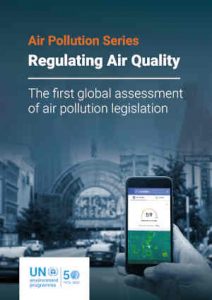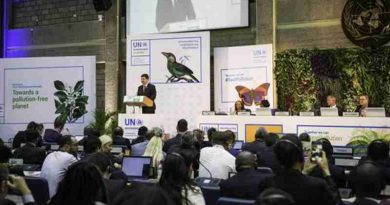Report: First Global Assessment of Air Pollution Legislation

The report emphasizes that robust air quality governance is critical to attaining air quality standards and public health goals.
The First Global Assessment of Air Pollution Legislation (GAAPL) presents the findings of a study of air quality legislation in 194 countries and the European Union.

Using the Air Quality Guidelines developed by the World Health Organization (WHO) as a starting point, the report examines the legal measures for determining whether air quality standards are being met and what legal standards exist for failure to meet them.
The report emphasizes that robust air quality governance is critical to attaining air quality standards and public health goals. This can be achieved through developing legislation for air quality control that integrates accountability, enforceability, transparency, and public participation.
The report reveals that there is no common legal framework for Ambient Air Quality Standards (AAQS) globally and that effective enforcement of AAQS remains a significant legal challenge. Many countries lack legislation that sets AAQS or requires air quality monitoring and only a few address transboundary air pollution.
The GAAPL provides recommendations to assist countries in strengthening air quality governance and serves as a resource for countries wishing to effectively address air pollution and contribute to the achievement of the Sustainable Development Goals.
💛 Support Independent Journalism
If you find RMN News useful, please consider supporting us.




